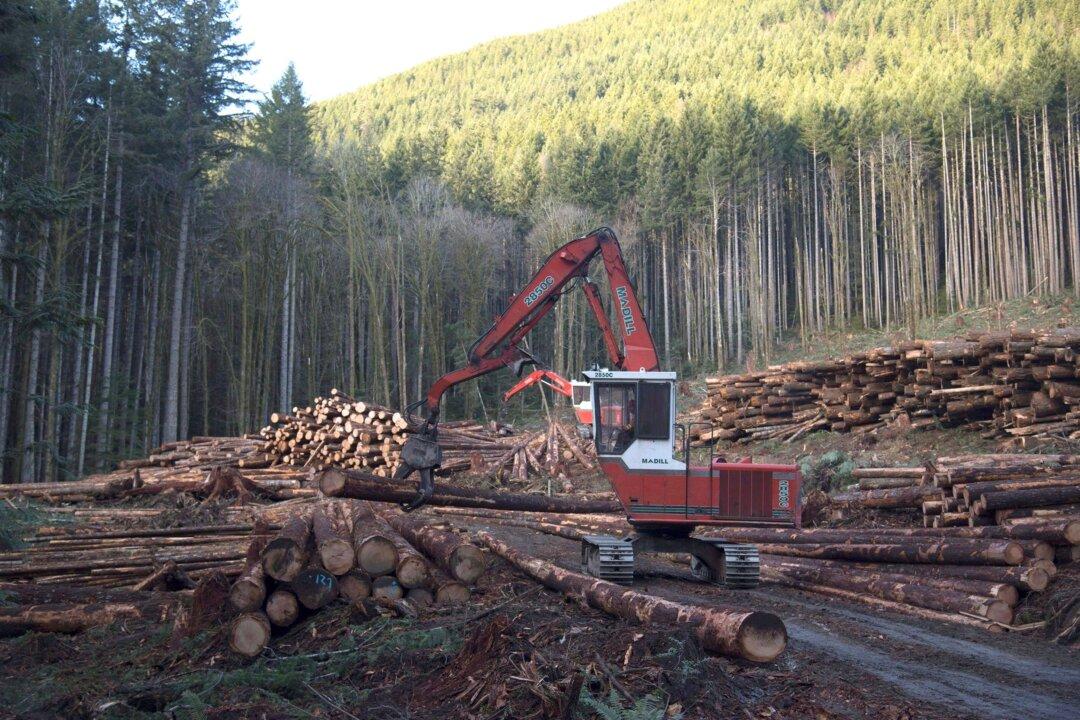OTTAWA—The Canadian and U.S. governments say they are continuing negotiations to try to reach a new softwood lumber deal despite the expiry of a standstill period that was intended to give both countries time to resolve the trade dispute.
A statement by Canadian Trade Minister Chrystia Freeland and U.S. Trade Representative Michael Froman said officials are meeting in Washington, D.C., this week.
“In our effort to reach a new agreement on softwood lumber, we and our officials have been intensively engaged in government-to-government sessions, in meetings with our respective producers and other stakeholders, and in dialogue with state and provincial governments,” the Oct. 12 statement said.
“The United States and Canadian governments are committed to continuing negotiations in an effort to achieve a durable and equitable solution for North American softwood lumber producers, downstream industries, and consumers.”
A spokesman for Freeland said the government is aware how vital the softwood lumber sector is across the country.
“Canada is prepared for any situation, and our government will vigorously defend the interests of Canadian workers and producers,” Alex Lawrence said in an email.
“The reality is that the U.S. industry is not where we need them to be. At the same time, the protectionist climate in the U.S. does complicate any trade negotiation, including this one.”
The 2006 softwood lumber agreement expired a year ago but a one-year standstill period kicked in to allow both countries to come to some sort of resolution.
The end of the standstill period means the U.S. could begin the process of imposing tariffs on Canadian lumber imports.
Some Canadian producers are concerned that their counterparts in the U.S. will start petitioning Washington to impose such duties on their softwood in about six months, a move that could result in mill closures and layoffs in Canada.
After the expiry of the previous softwood lumber deal in 1996, the U.S. Department of Commerce imposed a 32 percent export duty, which was reduced to about 27 percent in 2002 and remained at that level until a new agreement was reached four years later.
The U.S. Lumber Coalition has pushed for a reinstatement of across-the-board quotas, something that has been rejected by Western Canadian producers.
From The Canadian Press





